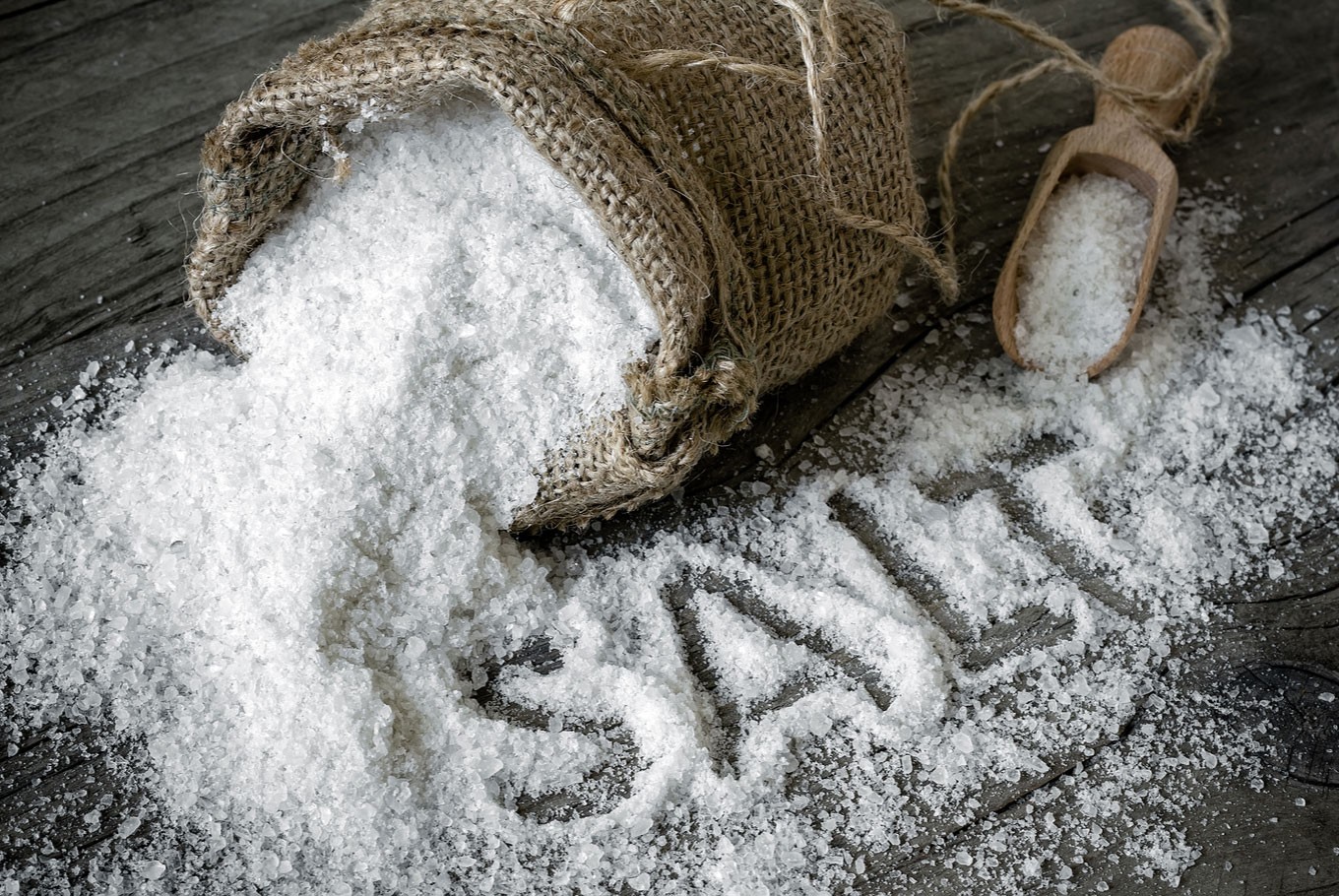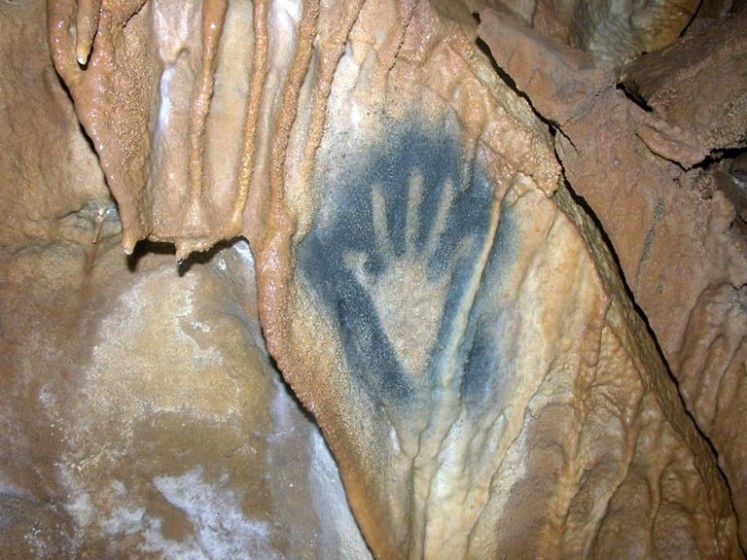Popular Reads
Top Results
Can't find what you're looking for?
View all search resultsPopular Reads
Top Results
Can't find what you're looking for?
View all search resultsSalt makes you hungry, not thirsty: Study
Change text size
Gift Premium Articles
to Anyone
I
t is commonly believed the more salt you consume, the thirstier you get. But, as two studies published in The Journal of Clinical Investigation have found, the opposite may actually be true; people drink less water the more salt they consume.
Researchers also found that participants with high-salt diets tended to be hungrier, not thirstier. One of the studies looked at ten males who were taking part in Mars500, a joint project of the European Space Agency (ESA), Russia and China, established to assess the psychological and medical risks of a mission to Mars.
As reported by Popular Science, the experiment was conducted by “reducing salt intake from 12 grams a day to 9 grams, and then to 6 grams, keeping each level constant for 29 days at a time” during a 105-day period.
“During the 205-day phase of Mars500, researchers conducted the same experiment—plus one more stage at the end, where subjects went from eating 6 grams of salt a day to consuming the original 12 grams a day. Meanwhile, subjects measured how much liquid they consumed and collected daily urine samples.”
Read also: Too much salt in diet could lead to nighttime urination: Study
It was found that as salt intake increased, water intake decreased. Additionally, the subjects urinated more frequently, and the urine was more concentrated, indicating that their bodies may have been storing water.
In an attempt to understand these results, the second study looked at three groups of mice. For four weeks, one group was fed a low-sodium diet with tap water, the second was given a high sodium diet with tap water, and the third was given a high sodium diet with a saline solution. Those that had a higher intake of salt ended up eating more, not drinking more.
Still, the study should be taken with a grain of salt, as only 10 men were tested, and only male mice were utilized. While some have expressed interest, women did not take part in either the 105-day version or the 205-day version of the Mars500 project. (sul/kes)











